A world free of cyberviolence against women is a step towards a democracy based on equality, respect and freedom of speech.
European Fem Institute
We bring experts together
We are a platform for collaboration between European experts who share the belief that a modern society, state and economy are founded on the principles of a democratic state governed by the rule of law, equality and social solidarity. We bring together people who believe that a good state operates in synergy between those who govern, civil society and the economy. We believe in a country where no one is left behind, regardless of gender, age, disability, origin, sexual orientation, gender identity or place of residence. We act systematically, participate in public debate and raise social awareness.
Key challenge
Cyberviolence against women
Cyberviolence against women, which is a systemic and social problem, is reinforced by the idea of online freedom, where anyone can do anything without consequences, a misunderstanding of freedom of speech and a widespread acceptance of sexism stemming from our socio-cultural norms. In addition, violence against women on the internet is very often sexual in nature and affects women's private, family and intimate lives to a degree and extent not seen with men.
Technology development creates new challenges
Cyberviolence is the new face of an old problem – gender-based violence. Violence that women experience simply because they are women, occurring everywhere: at home, on the street, and at work. Violence against women is a phenomenon much older than the Internet. As technology evolves, so too do new forms of violence against women. Due to the lack of available research on the experiences of Polish female internet users, we conducted a public opinion survey on cyberviolence against women in Poland. In collaboration with IOS, a research institute experienced in studying key social problems and attitudes, we conducted a quantitative study on a sample of 1,000 women living in Poland. Our study covered areas such as identifying violent behaviors online, indirect and direct experiences of cyberviolence, the consequences of violence, actions taken in response to experiencing or witnessing violence, the attitudes of Internet users, and their expectations.
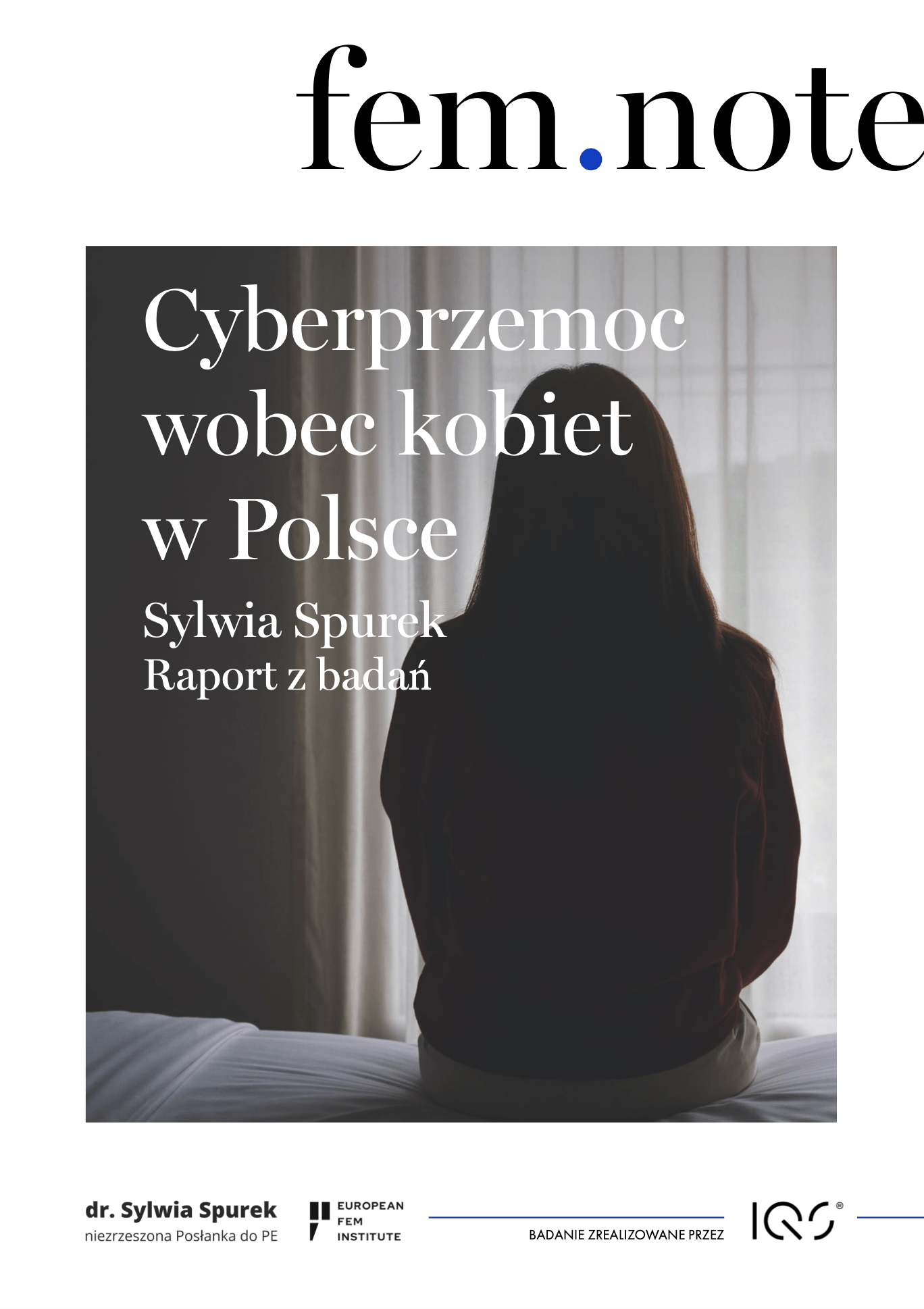
A united voice against violence and discrimination
Istanbul Convention is an effective tool to protect victims and punish perpetrators of violence. To put it simply: it is hope for safety for you, your sisters, daughters and future generations of women who will no longer be left alone when someone tries to hurt them. It is also help for anyone, regardless of gender, who suffers harm at home - including children and the elderly. The document clearly defines violence, what to do when it happens and how to prevent it. The EU's ratification of the Convention was a crucial step towards equal rights for women and men and a modern community based on civil society. We must speak with one voice about violence and discrimination because it is the same fight: for safety and respect. Violence against women takes on new forms all the time, but society's indifference to its manifestations is also growing at an alarming rate.
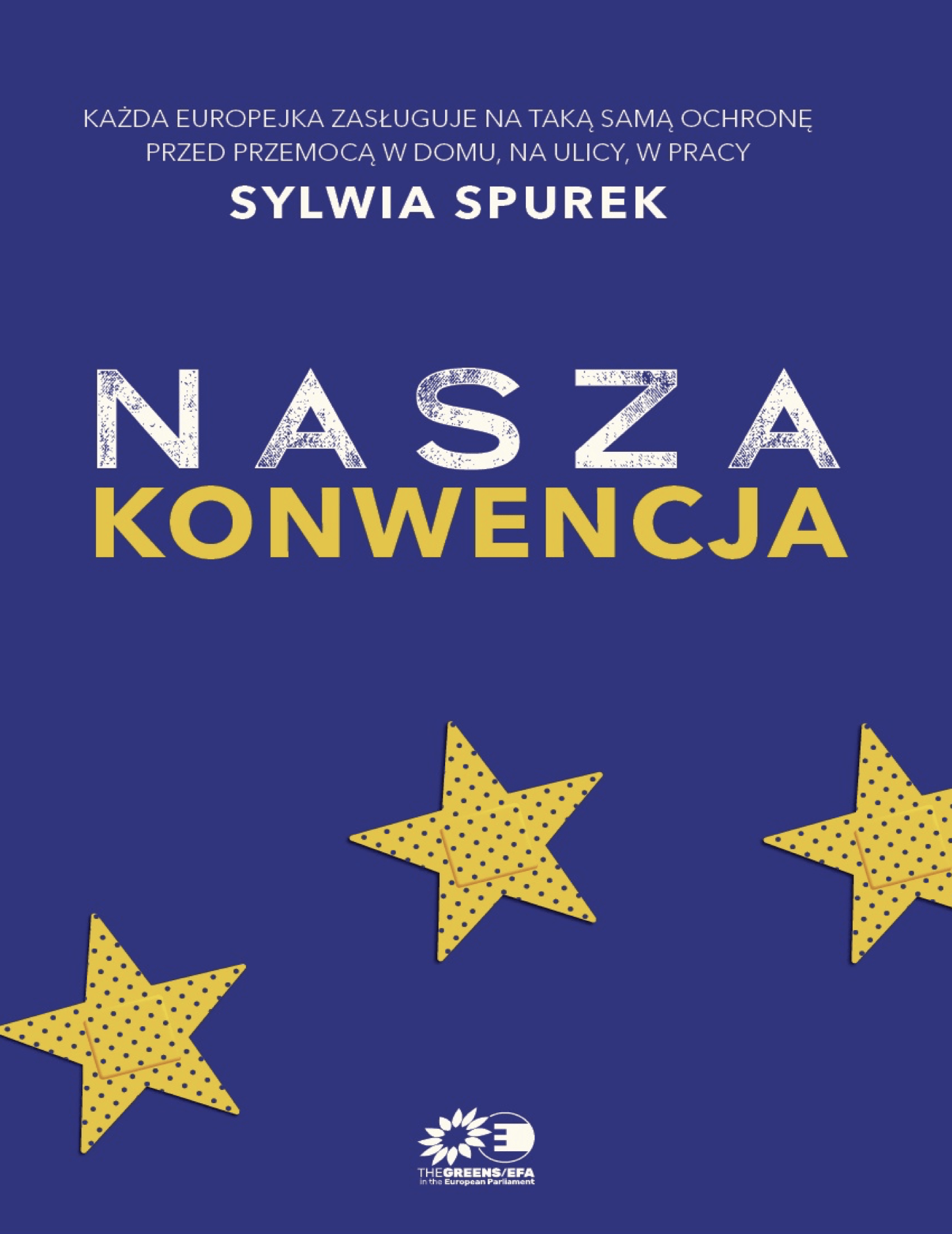
Kampania społeczna
Would you say that to your mother?
Cyberviolence is clearly visible on the internet. Two out of three women recognise its various forms (64%). The most frequently observed forms of cyberviolence are hate in the form of humiliation, ridicule (37%), name-calling and insults (37%) and offensive comments (26%). Similarly often, female Internet users living in Poland witness negative behaviour such as memes, graphics, and photomontages with a vulgar connotation with the image of women created and made public without their consent and knowledge (26%), creating fake social media profiles to ridicule the victims (23%) or sharing private information about specific women (19%). Another behaviour that female internet users have also observed regularly and repeatedly (with the highest frequency) is unwanted sexual advances (64%).
Zespół EFI
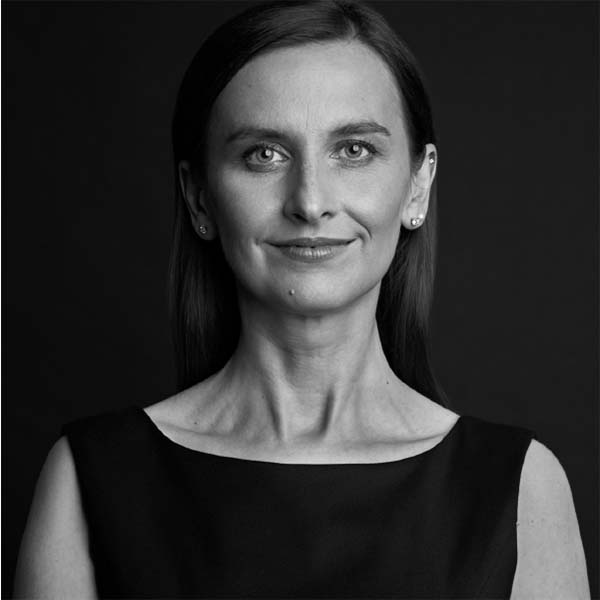
President
dr. Sylwia Spurek
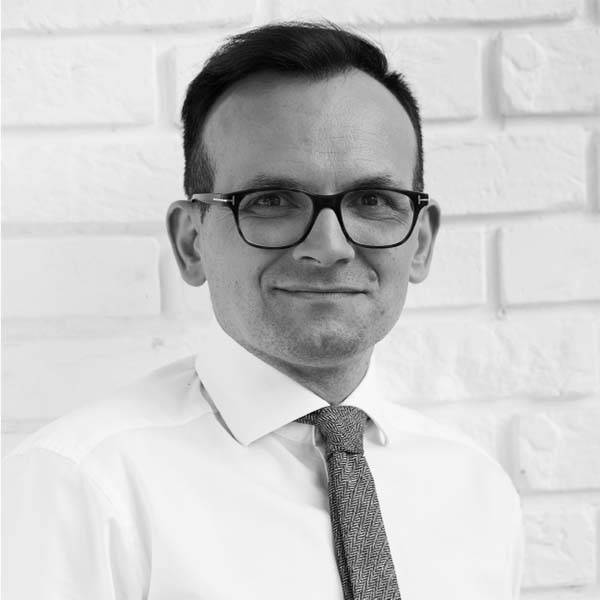
Strategic Director
Ph.D Marcin Anaszewicz
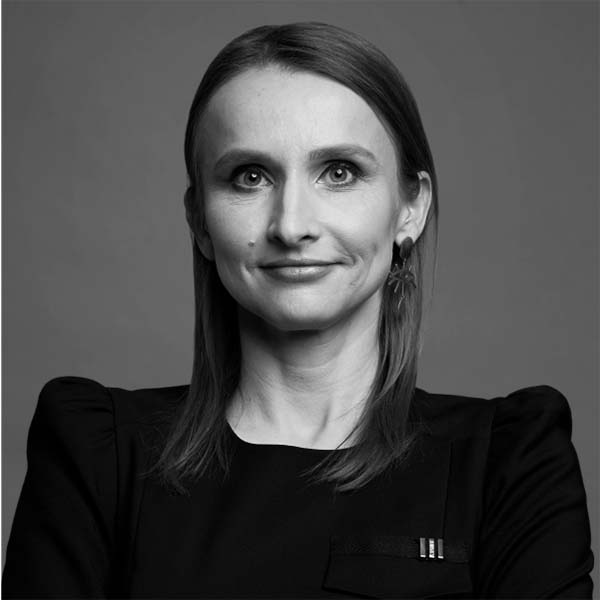
Managing Director
Anna Spurek

Project Manager
Myka Żabińska

Policy Manager
Barbara Wołk

Member of the Management Board
Morgan Janowicz
Programme I
Dyrektywa antyprzemocowa
We are conducting an advocacy programme for the proper implementation by Poland of the Directive on combating violence against women and domestic violence. The Directive was adopted by the European Parliament on 24 April 2024 and by the Council on 7 May 2024. As EFI, we place particular emphasis on the effective implementation of regulations concerning cyberviolence against women, so as to maximise the guarantees of their human rights, ensure online safety and effectively counteract the exclusion, discrimination and marginalisation of women in the digital space.
Programme II
We stand up for women
We are convinced that without the support of business we will not succeed, that regardless of good laws that form the foundation of a solidarity system, we must look for allies outside of politics. Business can be such an ally. That is why, together with our business partners, we conduct dialogue, research and analysis and look for optimal procedures that, in favour of women victims of violence, can be implemented directly in their companies. If your company is interested in cooperating - contact us.
Programme III
Equality pays off!
Violence against women is not only a social problem, but also an economic one. There is an increase in public spending - social and health care costs, court costs, police costs, prosecution costs. Business suffers losses, as abused women are usually employees whose problems affect the quality of work and the development of companies. EU countries suffer losses of 1% of their GDP as a result of domestic violence. This is why we publicize this aspect of violence against women, conduct research and analysis, and organize social campaigns.
Programme IV
A woman-friendly municipality
Today's governments, due to the severity of 21st century challenges such as climate catastrophe, demographic change or growing social inequalities, do not have the capacity to implement key public policies on their own, including the protection of women from violence. We need a broader implementation of the principle of state subsidiarity in local governments, and greater inclusion of NGOs. That is why we continue to monitor how polish local governments implement their statutory duties, look for good practices, and convince them to introduce local initiatives to combat violence against women.
Board
of Experts

Ph.D Zuzanna Warso
Lawyer, research director at the Open Future Foundation. European Commission expert on research ethics and innovation. She is a member of the Women's Panel of the Supreme Bar Council.
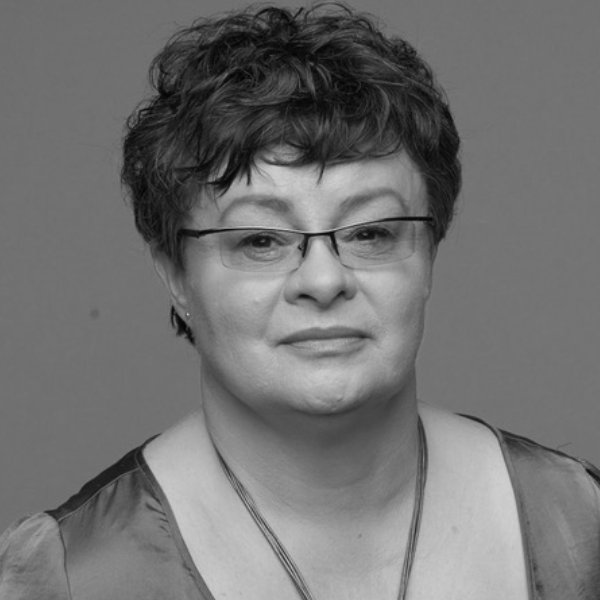
Renata Durda
Former head of the emergency service for victims of family violence "Blue Line", specialist and supervisor in the field of family violence prevention, editor-in-chief of the bimonthly magazine "Blue Line".

Ph.D Dorota Szelewa
PhD in political science from the European University Institute in Florence, lecturer at Dublin City University, author of academic articles in the field of social policy, with a long-standing commitment to being involved in women's issues for years.

Albin Dearing
Former project manager of the European Union Agency For Fundamental Rights, expert in criminal law. He chaired the Austrian Crime Prevention Council and was a legal assistant at the Court of Justice of the EU.

prof. Anna Zawidzka-Łojek
Professor at the University of Warsaw, Doctor of Laws, Head of the Department of European Law at the Faculty of Law and Administration of the University, specialising in EU law, European anti-discrimination law and public international law.
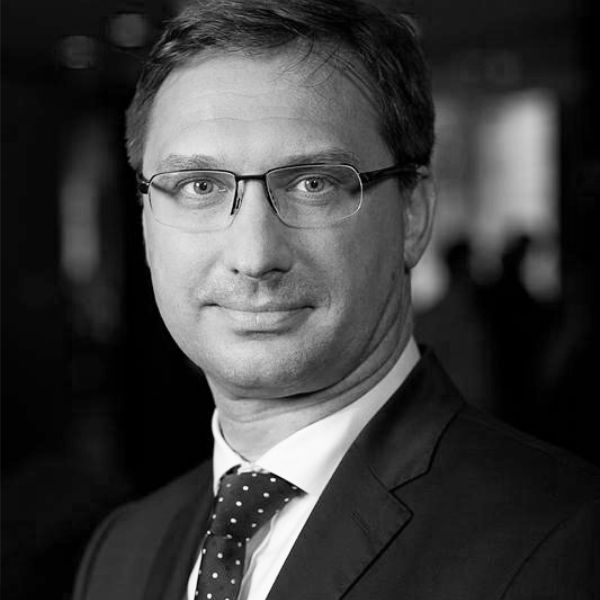
Robert Damski
Laureate of the "White Ribbon" Award in the Justice category. Honorary Member of the "For Our Children" Association, the "Alimony is not a gift" Association and the "KiDs Foundation", member of the "Prof. Zbigniew Hołda Association" and the "Men Against Violence" Association.
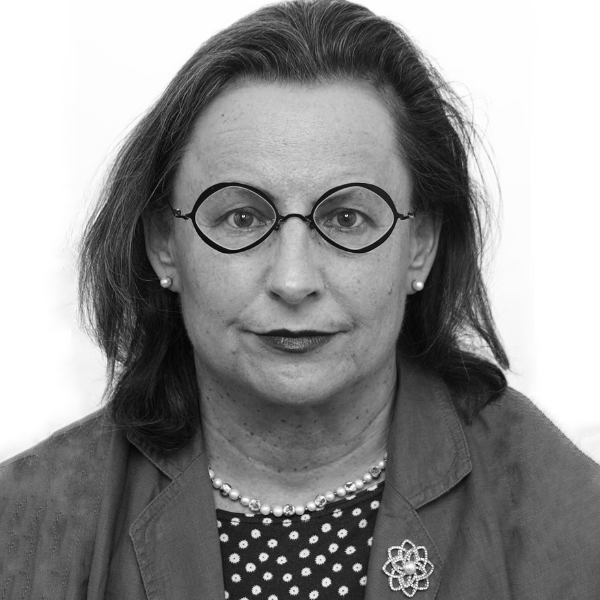
Rosa Logar
Expert on gender equality and prevention of violence against women, co-founder and Chair of the WAVE Network (Women against Violence Europe); member of the Council of Europe Committee drafting the Istanbul Convention and the GREVIO expert committee monitoring the Convention; co-founder of the Women's International League for Peace and Freedom Austria.

Prof. Iwona Chmura-Rutkowska
Professor at Adam Mickiewicz University in Poznań, PhD in humanities, sociologist and pedagogue. Researcher at the Department of Sociology of Education at the Faculty of Educational Studies at UAM.
